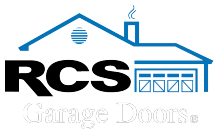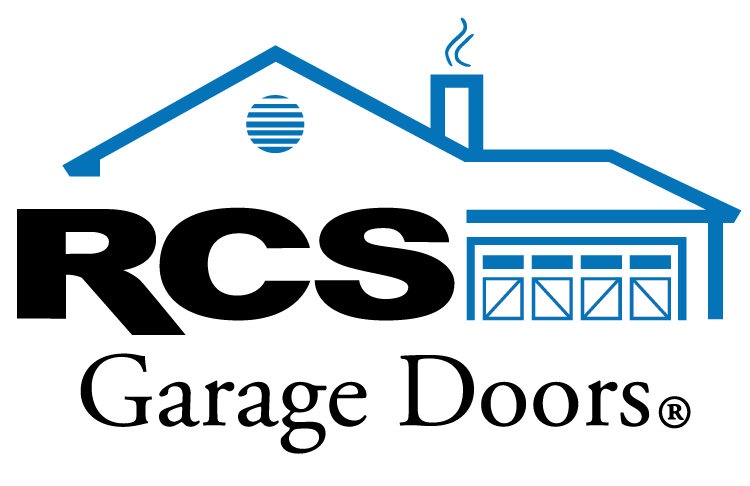Off the Rails: Why Garage Doors Come Off Track
Table of Contents:
There are a variety of reasons your garage door can come off its tracks. By understanding the ways in which this occurs you can be proactive against any potential issues and keep you and your family safe from any harm. Your garage door is most likely the largest moving component of your home, and if it happens to come off its tracks, it can be extremely dangerous. When a garage door is off its tracks the risk for serious injury greatly increases. It is important to stay vigilant of any potential problems and take necessary preventive measures to ensure no harm comes to you or your family. Let’s take a look at the most common reasons for your garage door to come “off the rails.”
Learn More About Our Garage Door Off Track Repair Services
Cars
It may seem silly, but the most common reason for a garage door to come off its tracks is due to homeowners hitting their doors with their vehicles. Unfortunately, this happens to the best of us. Too often, people are late for work or are just not paying attention and attempt to enter/exit the garage before the door is fully closed.
When this happens, the bottom sections of the door tend to take the brunt of the damage, however depending on the power of the impact, your door system, as a whole, likely took some damage. Your vehicle can be moving as slow as 3 mph and still do considerable damage to your door. Usually what happens when a car hits the garage is that a few of the rollers come off the tracks, leaving your garage door suspended only by the lift cables. This is a very dangerous situation. DO NOT attempt to repair it yourself. Your garage door can weigh upwards of 400lbs. If this happens, turn off your car and exit the garage immediately, and call a local professional to come and get your door back in proper working order.
Bent or Misaligned Tracks
The next most common reason for garage doors coming off their tracks is poor quality or worn-out horizontal tracks. When your garage door is open, the horizontal tracks are bearing nearly all the door’s weight, which, as mentioned earlier, can be up to 400 lbs for residential garage doors. If your horizontal tracks are older or are made from low-gauge steel, a small impact can cause the tracks to bend or break. Tracks should be made with 14-gauge steel and reinforced wherever possible to prevent inward and outward bending.
Improperly aligned tracks pose a similar threat to your garage door. This occurs when the horizontal tracks are not aligned parallel with the vertical tracks. This puts stress on the track reinforcements, typically causing the bracket bolts to come loose, allowing the tracks to bend. This effect becomes worse the more the garage is used, eventually leading to rollers popping off the tracks due to the tracks no longer being properly aligned.
Get Expert Garage Door Services In Your Area
Worn Out Rollers
Just one or two worn-out rollers can spell serious trouble for your garage door. If one of your rollers breaks, yes, your garage will most likely still operate just fine. However, this adds additional stress to the other rollers, leading to their eventual demise. The extra weight applied to the rollers can also cause the horizontal tracks to bend due to the unequal application of weight.
It is important to make sure your garage door is equipped with the correct rollers for your specific door. If you can, request rollers with at least 10 ball bearings. The more the better. If there is too much friction during the open and closing process, the rollers are at risk of breaking. Also, make sure you have the right size roller. There are short-stem and long-stem rollers. Short stem rollers are used on single garage doors, while long stem rollers are recommended for double garage doors.
Broken Lift Cables
This doesn’t happen often, but if you have an older opener, your garage door could be at risk. Your garage typically has two lift cables, one on either side of the door. The opener operates by winding the cables around a drum. If the door becomes out of line, either due to an impact or roller damage, the cables will not wind correctly, eventually leading them to unravel. When this happens, it is common for the cable to break under sudden stress. When a cable breaks the complete weight of the door is transferred to one side, resulting in any rollers either coming off the tracks or breaking altogether. The strength of your lift cables should directly correlate with the size and weight of your door. If you have had your garage door replaced but not your opener, you may want to contact your local garage door professional to make sure your garage has the proper lift cables installed. For most residential garage doors, a 7-strand lift cable will get the job done safely.
Schedule an Inspection Today
A garage door that falls off its tracks is a serious issue and should not be taken lightly. If your garage door has come off its tracks, or if you are unsure if your garage door is at risk of coming off it’s tracks, contact your local garage door experts at RCS Garage Doors for a repair or inspection.


 Register My Door
Register My Door
